Xerte-Based Interactive 3D Pathology Quiz: Utilizing Photogrammetry to Enhance Veterinary Pathology Education
July 7, 2025
In this guest blog post, Carlo Bianco, Clinical Assistant Professor in Veterinary Anatomic Pathology, in the UoN Vet School, shares his work on 3D Pathology and using the Xerte tool to produce interactive digital resources to assess knowledge. Bianco recently completed a PGCHE and through the course produced new digital learning resources. Using a combination …
Xerte Conference Reflections: 360 Simulations and the Power of Scenario-Based Learning
December 9, 2024
(Estimated reading time: 2 min 30) If you ever need inspiration for new and innovative ways to use Xerte, look no further than the annual Xerte conference held in November. This year certainly did not disappoint. The presenters were incredibly inspiring, and I left buzzing with ideas on what I could try out next when …
Strategies to Identify Misinformation: Videos
February 12, 2024
Of the three online information sources discussed over the past few weeks, video tends to be the most difficult to authenticate. With video creation tools becoming more detailed and complex, so too do fake videos, which become easier to make and harder for us to detect. The usual strategies of employing a critical mindset when …
Strategies to Identify Misinformation: Images
February 5, 2024
We continue with our theme of misinformation online, with this week’s focus being on fake images. Fake images are not new; indeed, the first example dates right back to the 1840’s, a mere 148 years before Photoshop arrived on the scene (Britannica 2023). Images can be manipulated in various ways, such as mirroring, splicing, resampling, …
Strategies to Identify Misinformation: Websites
January 29, 2024
The amount of data on the internet unsurprisingly continues to increase, and by 2025, it is estimated that globally we will have generated just over 180 zettabytes of data (with 1 zettabyte being approximately equal to one billion terabytes) (Statista, 2024). That’s an impressive amount of content which provides us with the ability to explore …
The University of Nottingham’s FutureLearn partnership
December 5, 2023
In today’s festive advent surprise, Dr. Sarah Stubbings our Online Learning Manager, shares the opportunities awaiting you on FutureLearn! 🎄🌟 What is FutureLearn? The University of Nottingham has been a FutureLearn partner since 2013. FutureLearn is an online short course provider based in the UK, that partners with leading universities and cultural institutions in a …
How do we implement Digital Accessibility?
June 27, 2023
One of our keynote speakers at the Digital Accessibility conference on 29th June is Alistair McNaught. Alistair has been supporting HE and FE (and other) organisations on improving accessibility for many years. He was a keynote speaker at the University’s Teaching and Learning Conference in 2022 where he spoke about the habits of highly accessible …
Digital badges, safety online and other posts for students
April 12, 2023
Our blog has been running since 2010, and moved into this blog platform in 2020. We’ve had two Advent Calendars and a Summer of Moodle, and published posts hopefully of use to both students and staff. Some of the posts which may still be of interest to students (and of course some staff) include: How …
Easter eggs!
April 5, 2023
Traditionally, Easter eggs in the digital sense used to be hidden in the software that we used every day. From video games to operating systems, software developers have been known to add secret features, messages, and hidden references for users to discover. For example at one point there was a Flight Simulator game hidden in …

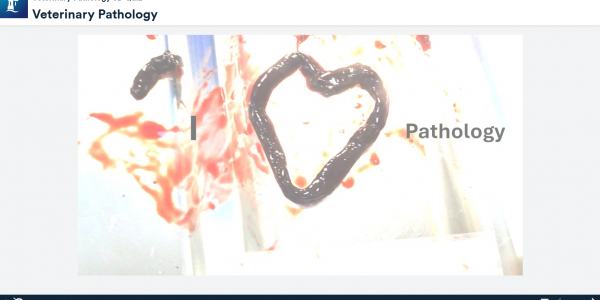




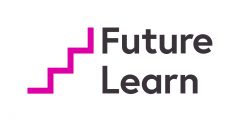
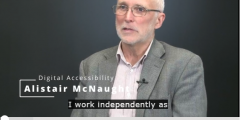
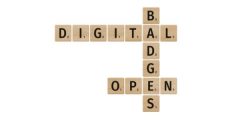


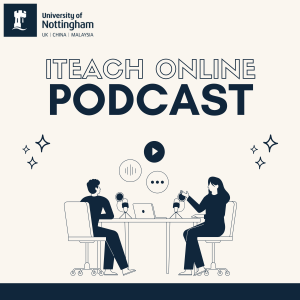
Recent Comments